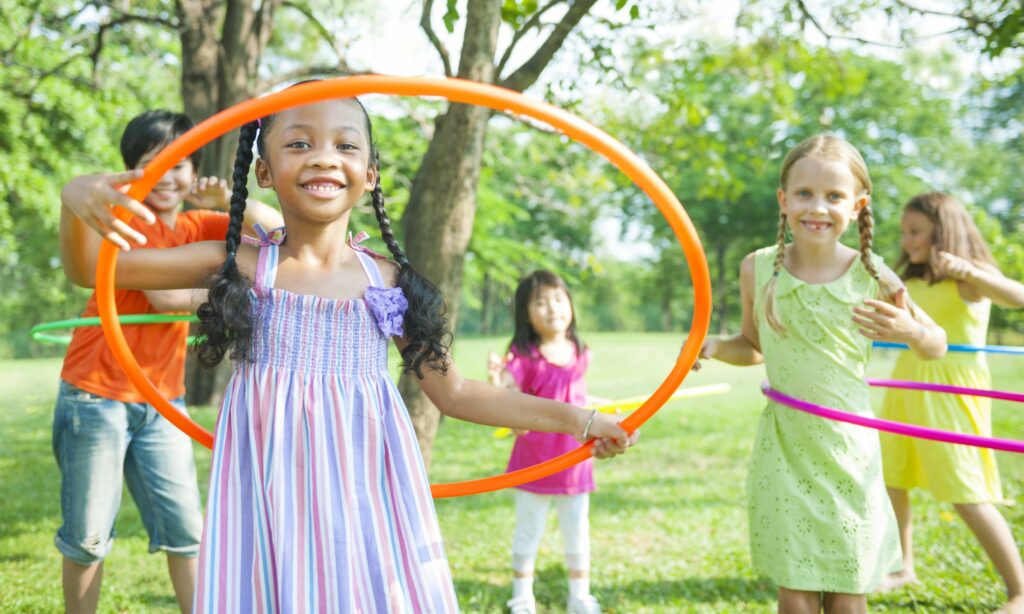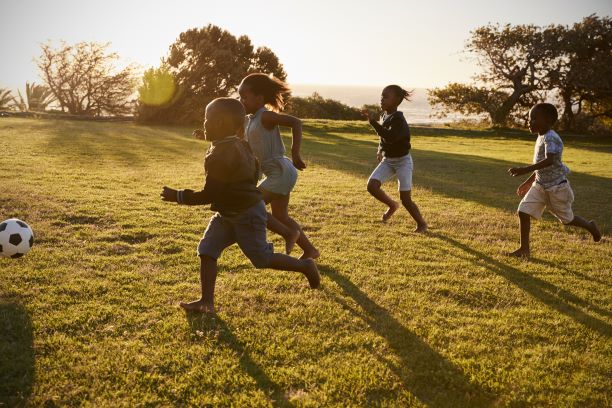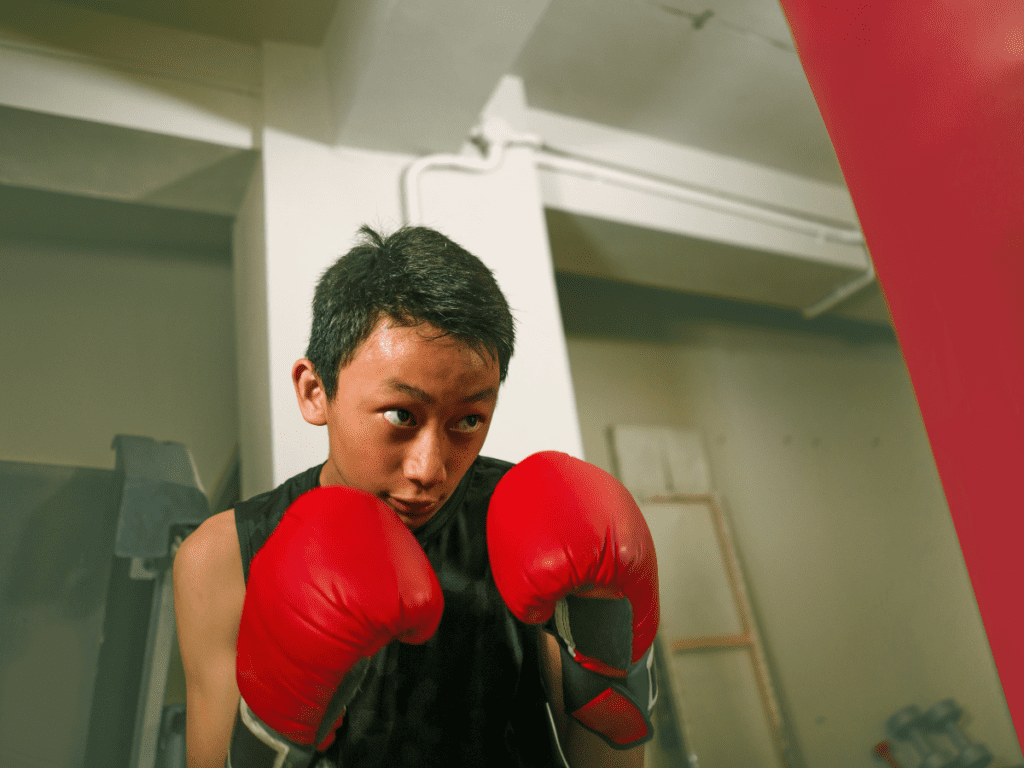Putting the ‘work’ in ‘teamwork’
A review of team dynamics literature showed that teamwork activities are most successful when individuals are given tasks where their contribution feels essential, while also fostering connection with others. This promotes the most effort among team members, even in the least meaningful tasks.
Guard your mouth
Wearing a properly fitted mouthguard is important to help prevent mouth and face injuries. Not only can injuries to the mouth and face impact an individual physically, they can also have psychological and social consequences. Research shows that mouthguards reduce injuries to the mouth and face by absorbing impact.
Trying a new sport
Trying out a new sport skill or exercise routine? Seeking feedback from others — whether health or fitness professionals, or friends and family — can increase self-confidence and help motivate you to achieve your goals.
Exercise and immunity
Regular physical activity, as little as 30 minutes of activity, five days a week, can strengthen the human immune system and reduce the risk of falling ill and dying of infectious diseases by 37%.
Expecting the unexpected
Unexpected stressors happen often and are more challenging to manage than expected stressors. However, they can be managed. One way to manage them is by expecting them. To help athletes “expect the unexpected” during competition, work with them to identify potential stressors before competition. Then establish strategies to manage those stressors.
The True Sport Experience: Bringing physical and ethical literacy to life in and out of the classroom

Physical and health education teachers and coaches are experts at helping kids learn new skills. By patiently walking students through each learning step, they build the blocks of learners’ physical literacy. However, sport and recreation experiences aren’t built on physical skills alone. Instead, the experiences are wrapped in life lessons, personal growth and a few…
Building capacity for evaluation with students and volunteers

An essential part of improving sport service delivery is program evaluation. Program evaluation allows sport organizations to understand how their programs or initiatives work in different ways. However, many organizations receive insufficient training or lack the capacity (staff, funding or time) to engage in evaluative work (Carman & Fredericks, 2010). One way that sport organizations can boost capacity for evaluation is to involve students and volunteers. Indeed, there are many examples of graduate students partnering with…
Racing towards 2030: Using the Sustainable Development Goals to move inclusion forward in sport

If there was ever a time in our history to consider how to not leave anyone behind, 2020 was that year. As people and organizations seek to reconcile the impact of COVID-19, we need to think about how we build back in ways that intentionally bring people together and collectively work towards a better future. The…
Grappling for answers: Exploring the process of life skills development in youth mixed martial arts athletes

Project summary Mixed Martial Arts (MMA) is a full contact combat sport that integrates striking and grappling techniques from a variety of other combat sports (i.e. martial arts, boxing, sumo, wresting, karate, Brazilian jiu-jitsu, kickboxing, and Tae Kwon Do). MMA was legalized in Ontario in 2013. Immediately, reporters from mainstream and social media began to…
Gamification
Gamification is the use of game techniques, such as the allocation of points and rewards, to provide incentive and fuel the competitive spirit in aspects of life outside of sport. Learn how MLSE LaunchPad has used gamification to support the development of prosocial life skills in the SIRCuit.